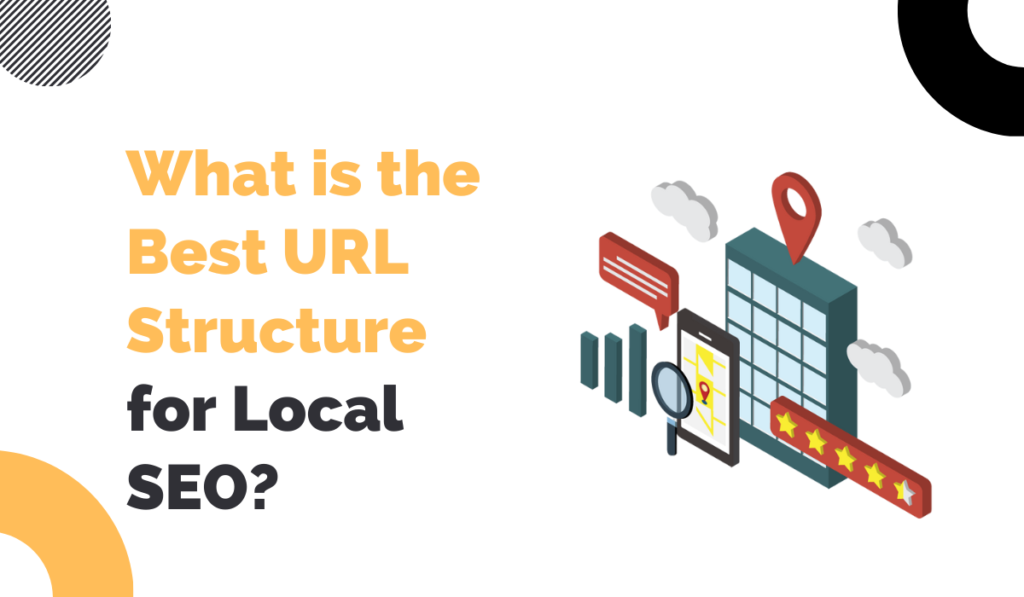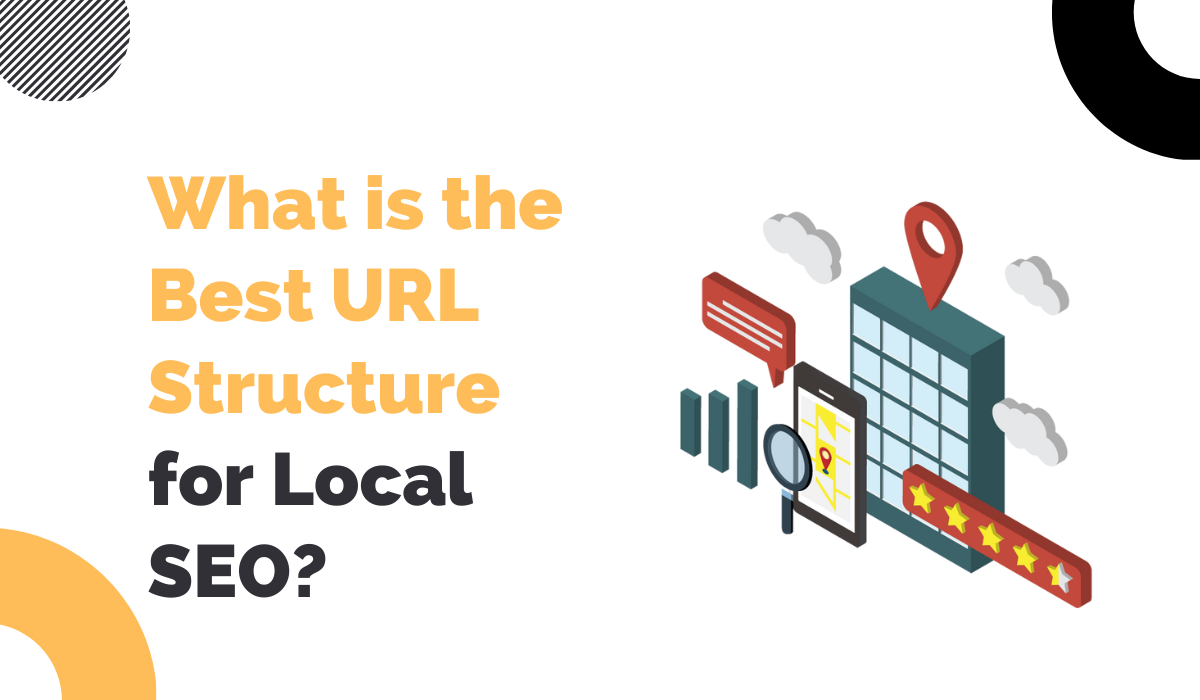
In the competitive landscape of local SEO, having a well-structured URL can significantly impact your website’s ability to rank higher in search engine results and attract local customers. A well-designed URL structure improves your site’s user experience and helps search engines understand and index your content more effectively. In this blog post, we’ll explore the best practices for crafting URLs that enhance your local SEO efforts and drive more traffic to your business.
Understanding the Role of URL Structure in Local SEO
URL structure is an essential component of SEO because it helps search engines and users understand the content of your page. For local SEO, this becomes even more critical as you aim to attract customers in specific geographic areas. A well-structured URL can signal to search engines that your content is relevant to a particular location, thus improving your chances of ranking in local search results.
Key Elements of an Effective URL Structure
1. Include Local Keywords
Incorporating local keywords into your URLs is fundamental for improving local SEO. This involves using terms related to your business’s location and services. For example, your URL should reflect this geographic focus if you own a bakery in Denver.
Example:
www.yourbakery.com/denver-cupcakes
Including “Denver” in your URL, you help search engines understand that your page is relevant to users searching for cupcakes in Denver.
2. Use Clear and Descriptive Keywords
Your URLs should be descriptive and indicate the content of the page. Avoid generic or ambiguous terms and use keywords that accurately represent the page’s content. This not only aids search engines but also improves user experience by making it easier for visitors to understand what they’ll find on your page.
Example:
www.yourbakery.com/denver-bakery-cupcake-specials
In this example, the URL clearly describes what users can expect—specials on cupcakes at your Denver bakery.
3. Maintain a Simple and Concise Format
Short and straightforward URLs are easier for users and search engines to read and remember. Aim to keep your URLs concise and avoid unnecessary parameters or characters. This helps reduce the risk of errors and makes it easier for search engines to crawl and index your pages.
Example:
www.yourbakery.com/denver-cupcakes
Contrast this with a longer, less user-friendly URL:
www.yourbakery.com/denver-specials/cupcakes/summer-edition
4. Utilize Hyphens to Separate Words
When creating URLs, use hyphens (-) rather than underscores (_) to separate words. Search engines recognize hyphens as spaces between words, making it easier for them to interpret the URL. Conversely, Underscores can be read as a single word, which may impact readability and SEO.
Example:
www.yourbakery.com/denver-bakery-cupcakes (using hyphens)
5. Avoid Using Dynamic Parameters
Dynamic parameters (e.g., ?id=1234) are often used in URLs generated by content management systems or e-commerce platforms. However, they can be less user-friendly and harder for search engines to interpret. Whenever possible, use static URLs that are descriptive and keyword-rich.
Example:
Instead of www.yourbakery.com/products?category=cupcakes&id=5678, use www.yourbakery.com/denver-cupcakes
6. Implement Consistent URL Structure Across Your Site
Consistency is key when it comes to URL structure. Ensure that your URLs follow a consistent format throughout your website. This helps users and search engines navigate your site more effectively and maintains a cohesive site architecture.
Example:
If you use the format www.yourbakery.com/location-service, apply it consistently across all pages.
www.yourbakery.com/denver-bakery-specials
www.yourbakery.com/denver-bakery-catering
Best Practices for Local SEO URL Structure

1. Optimize for Local Search Intent
Align your URLs with the local search intent of your target audience. Consider the specific phrases and terms that local customers might use when searching for your services. This helps ensure your URLs are relevant and appealing to your local audience.
Example:
If your business serves a specific neighborhood, include that neighborhood in your URL.
www.yourbakery.com/downtown-denver-cupcakes
2. Create Location-Specific Landing Pages
If your business operates in multiple locations, create separate landing pages for each area with unique URLs. This allows you to target each location with relevant content and keywords, improving your chances of ranking in local search results.
Example:
For different locations, use URLs like:
www.yourbakery.com/denver-cupcakes
www.yourbakery.com/boulder-cupcakes
3. Incorporate Schema Markup
Schema markup is a type of structured data that helps search engines understand the context of your content. For local businesses, implementing local business schema markup can enhance your visibility in local search results and improve the relevance of your URLs.
Example:
Include local business schema on your location-specific pages to provide search engines with additional information about your business, such as address, phone number, and operating hours.
4. Monitor and Update Your URLs Regularly
Regularly review and update your URLs to ensure they remain relevant and effective. Your URL structure may need adjustments to reflect new services, locations, or marketing strategies as your business grows or changes.
Example:
If you add new services or expand to new areas, update your URLs accordingly and ensure that all redirects are properly set up to avoid broken links.
Conclusion
A well-optimized URL structure is a crucial element of local SEO that can significantly impact your website’s visibility and user experience. You can create URLs that enhance your local search performance by incorporating local keywords, maintaining simplicity, using descriptive terms, and avoiding dynamic parameters. Implementing consistent URL practices across your site and leveraging local business schema markup further boosts your chances of ranking higher in local search results. Regularly monitor and update your URLs to align with your business goals and evolving SEO best practices. With a strategic approach to URL structure, your local SEO efforts can drive more targeted traffic and improve your online presence.

